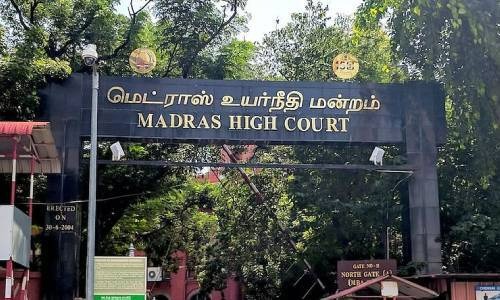
Case Title: Sankar v. State
According to the court, Section 33(5) of the Act was only added to ensure that children shouldn't be summoned to court for examination on a regular basis since doing so would harm the development of their minds. The victim in this instance had reached majority and was no longer a minor. As a result, the victim might be called for a cross-examination to allow the accused one final opportunity to present his defence.
The court observed that, “Further illustration Section 33 (5) of the Act is only to ensure that the child should not be repeatedly called for the Court for examining as it would affect the mind of the child. Now, the victim is not a child, and becomes major. Therefore, by invoking Section 33 (5) of Act, to recall a victim for the purpose of cross examination by the accused and in order to give a last chance to the accused to place his defence to make prosecution of criminal proceedings against him, P.W.2 may be recalled and the petitioner may be permitted to cross-examine”.
The Petitioner was accused of violating Sections 366 (A) of the IPC and Section 5(1), read with section 6 of the POCSO Act in the current case. In order to address several discrepancies in the victim's and her mother's testimonies that could not be addressed during cross examination, he had filed an application under Section 311 Cr.P.C. to recall the victim and her mother. The trial court dismissed the petition for recalling the victim while allowing the recall of the victim's mother.
According to the State, the trial court's ruling was simply made to stop the victim girl from being harassed in the future, and as a result, no interference was necessary.
The victim's father allegedly had a love affair with the petitioner, according to the court, which led to the filing of the lawsuit. Additionally, it was acknowledged that the petitioner, who was 17 at the time of the incident, had grown up considerably. As a result, the accused should be given the opportunity to present his defence.
As a result, the trial court's decision to dismiss the petition for cross examination was overturned. The accused was allowed to cross-examine the victim and her mother on the same day, and the court also ordered him to cover the witnesses' costs.

